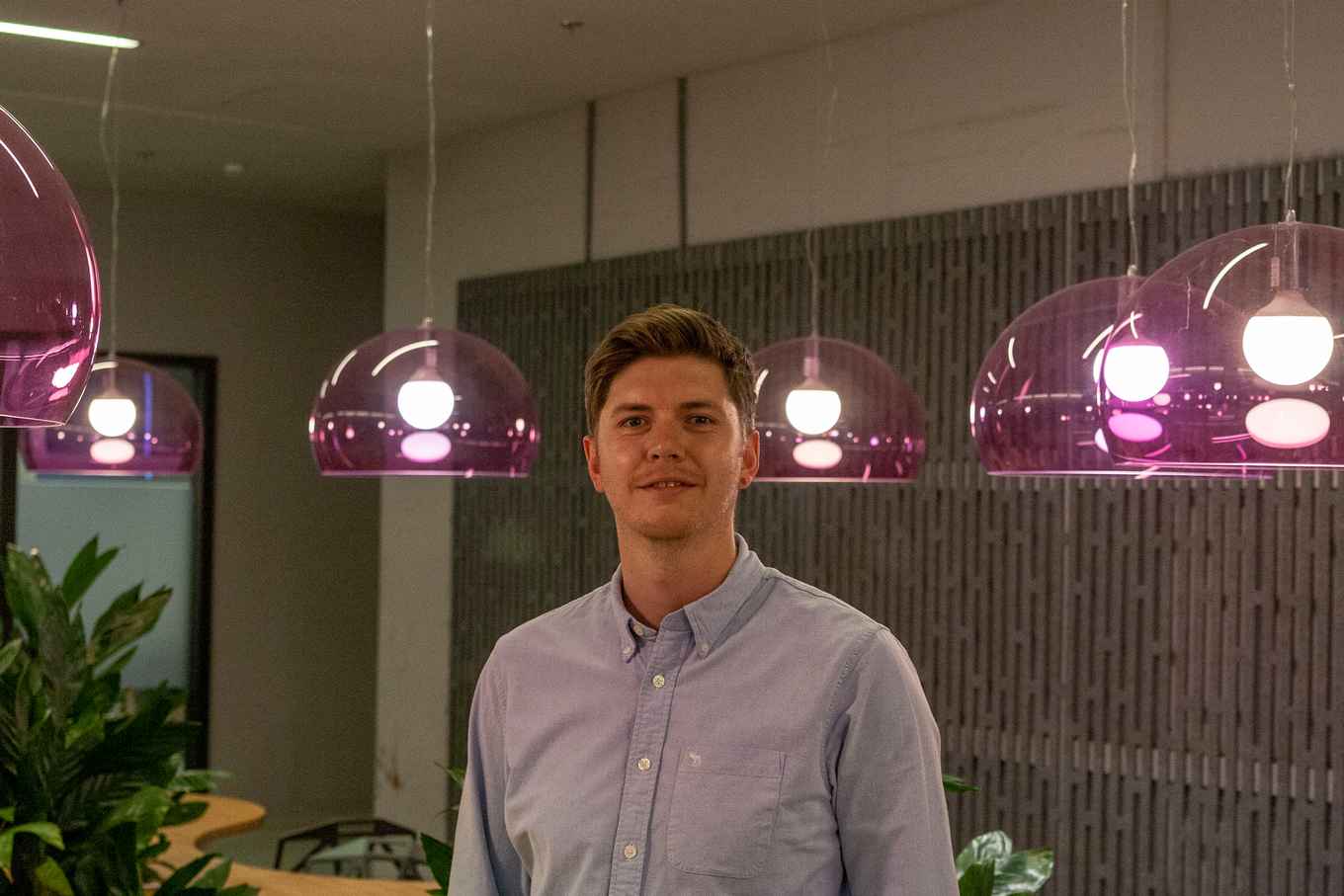Researching Assisted Dying in Europe
Interview with ACELG visiting fellow Adam McCann
17 September 2019

The importance of individualism in educational theory
I’ve been fortunate enough to research and work at top universities in both the Netherlands and the UK, and my experience in both academic systems has been very positive. In terms of traditions, I have seen more similarities than differences. Both systems are clearly shaped by the development of western individualistic thinking in educational theory. Autonomy in belief and individual creativity are central values. And indeed, both systems have flourished – to a large degree – because of these values. Nonetheless, universities in both countries are undoubtedly, in my view at least, facing serious challenges – an increase in managerialism, grade inflation, and subservience to market forces.
Teaching as a chance to speak to people
I really enjoy teaching. I suppose that is somewhat due to having an extrovert personality. I see teaching as a chance to speak to people. Regardless of how large the cohort is – whether it is 10 or 400 students – I don’t see teaching as talking to a group, I am talking to each individual in the group. I look at individual expressions. It is key to be aware of the audience – are they following, are they engaged, are they exploring the ideas I’m laying out. When this happens, there are few things as rewarding as teaching. Of course, when it doesn’t work – which of course sometimes can happen – then you need to learn from that. Exploring complex ideas in front of a group is like performing a trapeze act without a safety net. There is a high probability of failure. That is part of the excitement too. As for the relation between research and teaching, we have to be realistic. Of course, students benefit from quality research-led teaching. Equally, educators benefits from writing and from the peer-review process – it requires us to think carefully about our ideas and to critically self-reflect. Equally however, there is a risk that university-level educators (particularly in the social sciences and humanities) can lose sight of the importance of objectivity and impartiality. Sometimes the peer-review system fails, or a at least falls short of its purpose. When this happens, research inspired teaching simply becomes a mechanism for reinforcing ideology (namely that of the lecturer and his/her string of publications) and the rejection of alternative ideas. So for those reasons, we have to be very careful and modest about how we inject our own research into the classroom.
Stories of human suffering and the potential to do better through regulation
I wanted to write an innovative thesis as part of my LLM in European Law at Utrecht University, and it struck me that there was room for new ideas in relation to the moral limits of economic free movement law – so I wrote about assisted suicide as a trans-national economic service between EU and Swiss citizens (in the context of ‘suicide tourism’). Once I started my research on that rather narrow aspect of the issue, it became apparent that this was a topic which could be examined from an array of perspectives. It raised issues of moral philosophy, governance theories, political science, human rights and medical law. I was fascinated by the complexity of the topic. I was touched by the stories of human suffering and the potential to do so much better from a regulatory point of view.
Why ACELG?
I am in the process of turning my PhD thesis into a monograph, and ACELG served as an excellent base to both update my findings on Dutch euthanasia law and to reflect on my European law and governance claims. It is a superb setting to spend time researching and writing.